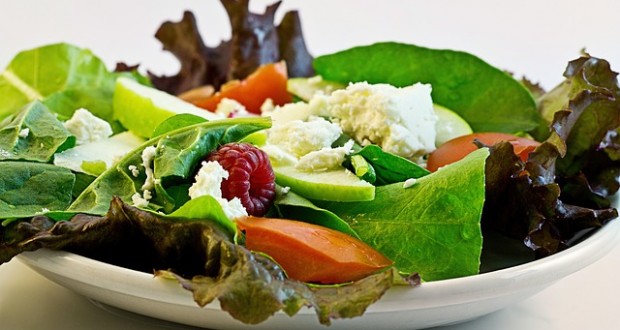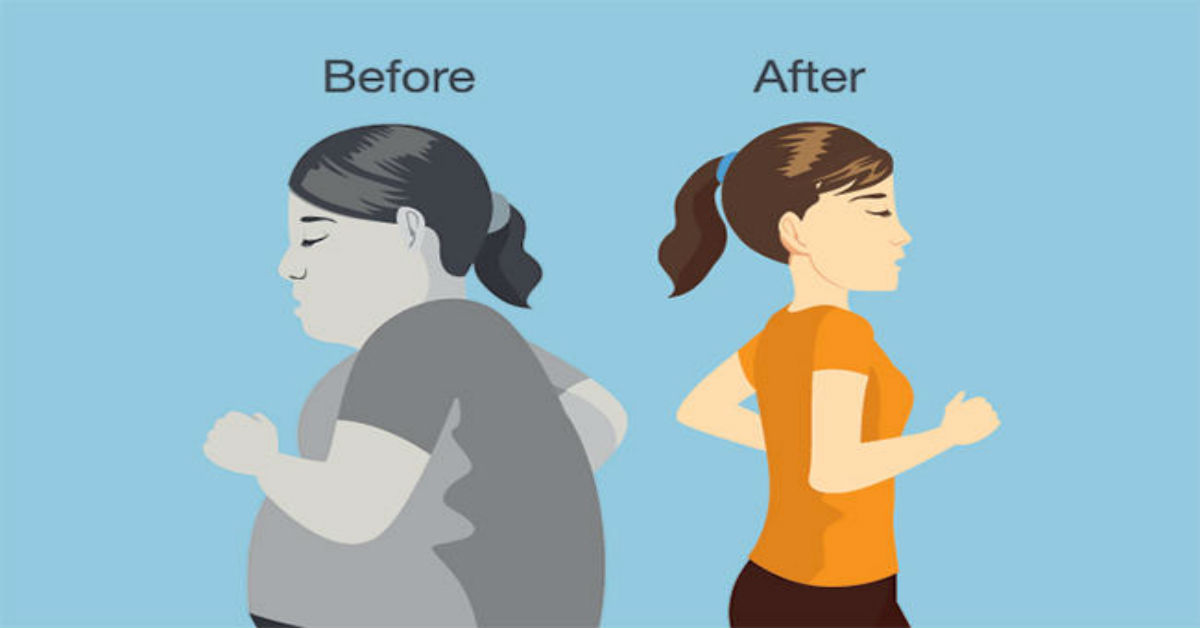There is nothing extreme about the Pritikin Diet except that it is extremely healthy. In more than 100 studies published in peer-reviewed medical journals, the Pritikin Program of Diet and Exercise has been found to not only promote weight loss but also prevent and control many of the world’s leading killers, including diabetes, hypertension, and heart disease.

The Pritikin Eating Plan uses the latest scientific research to provide dietary guidelines that will help you avoid and often reverse diseases that can rob you of the good health you need to enjoy a good life
The Pritikin Diet focuses on a wide variety of whole (unprocessed) or minimally processed foods.
-
“GO” Foods on the Pritikin Diet include:
- Fruits
- Vegetables
- Whole Grains like whole-wheat bread, brown rice, whole-wheat pasta, and oatmeal
- Starchy Vegetables like potatoes, corn, and yams
- Legumes such as beans (like black beans, pinto beans, and garbanzo beans); peas; and lentils
- Lean Calcium-Rich Foods such as nonfat dairy milk, nonfat yogurt, and fortified soymilk
- Fish (a rich source of omega-3-fatty acids)
- Lean Sources of Protein (very low in saturated fat) such as skinless white poultry; lean red meat like bison and venison; and plant sources of protein, such as legumes and soy-based foods like tofu and edamame (soybeans)
-
“CAUTION” (less is better) foods include:
- Oils
- Refined Sweeteners such as sugar, corn syrup, and honey
- Salt
- Refined Grains such as white bread, white pasta, and white rice
-
“STOP” (none is optimal) foods include:
- Saturated-Fat-Rich Foods such as butter; tropical oils like coconut oil; fatty meats; and dairy foods like cheese, cream, and whole/low-fat milk
- Organ Meats
- Processed Meats such as hot dogs, bacon, and bologna
- Partially Hydrogenated Vegetable Oils
- Cholesterol-Rich Foods like egg yolks
“STOP” foods on the Pritikin Diet are those that have been proven to substantially increase the risk of obesity and/or multiple health concerns, including high blood cholesterol, high blood sugar, heart disease, diabetes, hypertension, and some cancers.




















